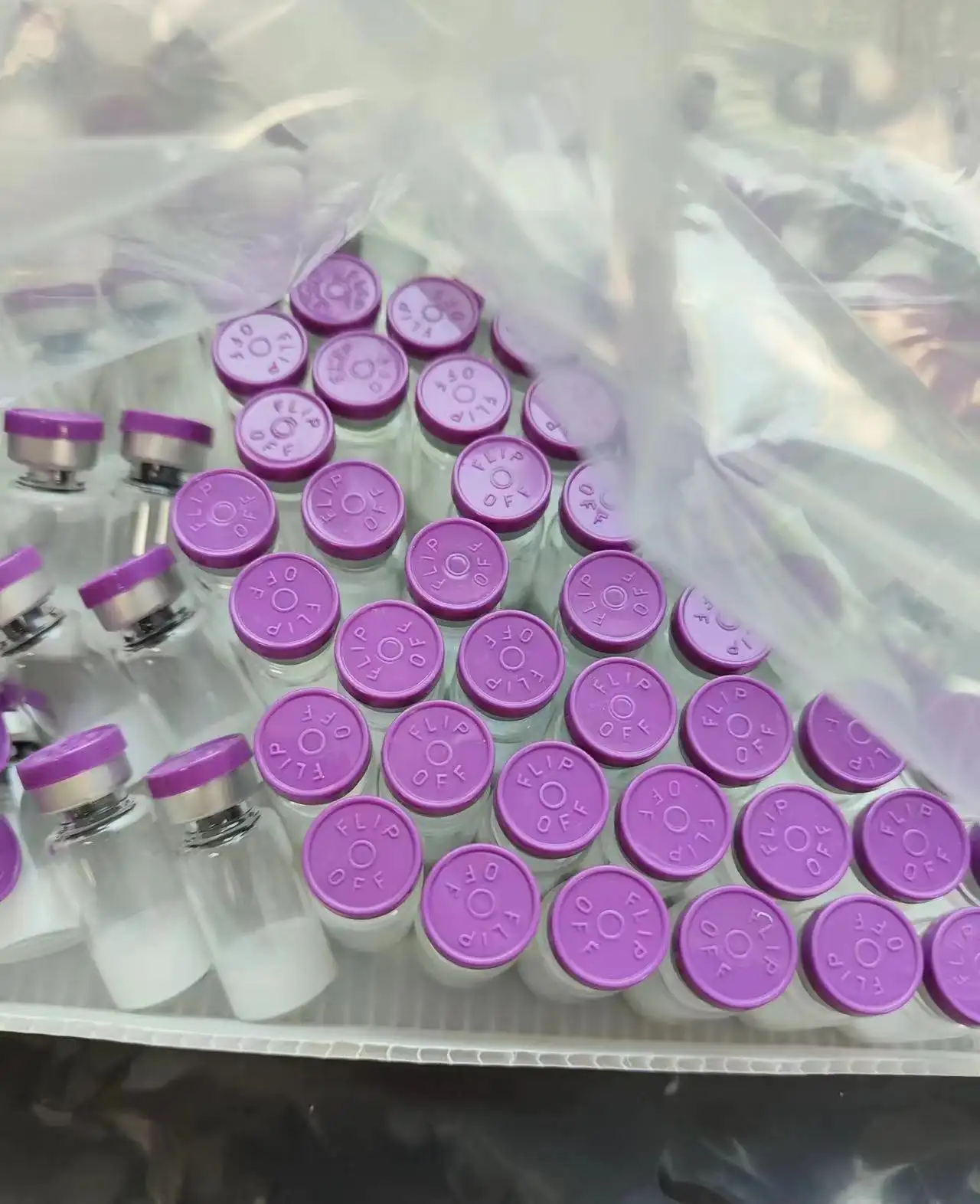Science subjournal: great discovery! Second DNA sensing pathway found in human body
-
Last Update: 2020-02-01
-
Source: Internet
-
Author: User
Search more information of high quality chemicals, good prices and reliable suppliers, visit
www.echemi.com
February 1, 2020 / Biovalley BIOON / - -- in a new study, researchers from the University of Washington School of medicine in the United States found a second DNA sensing pathway, which can start the antiviral response to foreign genetic materials in human cells The related research results were published in the Journal of science immunology on January 24, 2020 The title of the paper is "human DNA PK activates a sting independent DNA sensing pathway" In this paper, they describe their research on a protein kinase and the results obtained Picture from science immunology, 2020, DOI: 10.1126/sciimmunologol.aba4219 Seven years ago, scientists have found that a protein called interferon gene stimulator (sting) can detect DNA in foreign objects, indicating the existence of infection Once detected, it initiates the process leading to an immune response Six years ago, sting was found to respond to tumor cells as well Sting's discovery has sparked research from pharmaceutical companies eager to develop drugs that can fight infection and treat cancer patients, most of which are carried out in mice, because Sting's role in rodents is almost the same as that in humans In this new study, the researchers found a second DNA sensing pathway in humans, DNA protein kinase (DNA PK), which may lead to changes in the way DNA sensing pathways are studied, because it does not exist in mice The researchers described their discovery of DNA-PK as accidental - they were studying Sting's response to oncogenic viruses at the time, and were surprised to find that even if sting lost its function, there was still an immune response After more careful study, they found that the immune response was caused by a different enzyme, which had been seen before but had never been identified as a major DNA sensing pathway This new study shows that it doesn't rely on sting, but it also initiates antiviral reactions in different ways These findings may lead to a lot of research work in academic circles and pharmaceutical laboratories The researchers also found DNA-PK in other primates and rats, but not in mice - a finding that could have a profound impact on the way DNA sensing is studied Until now, mice have played a crucial role in such studies They point out that their findings may also have implications for studies aimed at regulating innate immune responses in patients with autoimmune diseases (bio Com) reference: 1 Katelyn burreigh et al Human DNA PK activates a sting independent DNA sensing pathway Science immunology, 2020, DOI: 10.1126/scimomunol.aba4219 2 Second DNA sensing pathway in humans discovered https://mediaexpress.com/news/2020-01-dna-sensing-pathway-humans.html
This article is an English version of an article which is originally in the Chinese language on echemi.com and is provided for information purposes only.
This website makes no representation or warranty of any kind, either expressed or implied, as to the accuracy, completeness ownership or reliability of
the article or any translations thereof. If you have any concerns or complaints relating to the article, please send an email, providing a detailed
description of the concern or complaint, to
service@echemi.com. A staff member will contact you within 5 working days. Once verified, infringing content
will be removed immediately.







